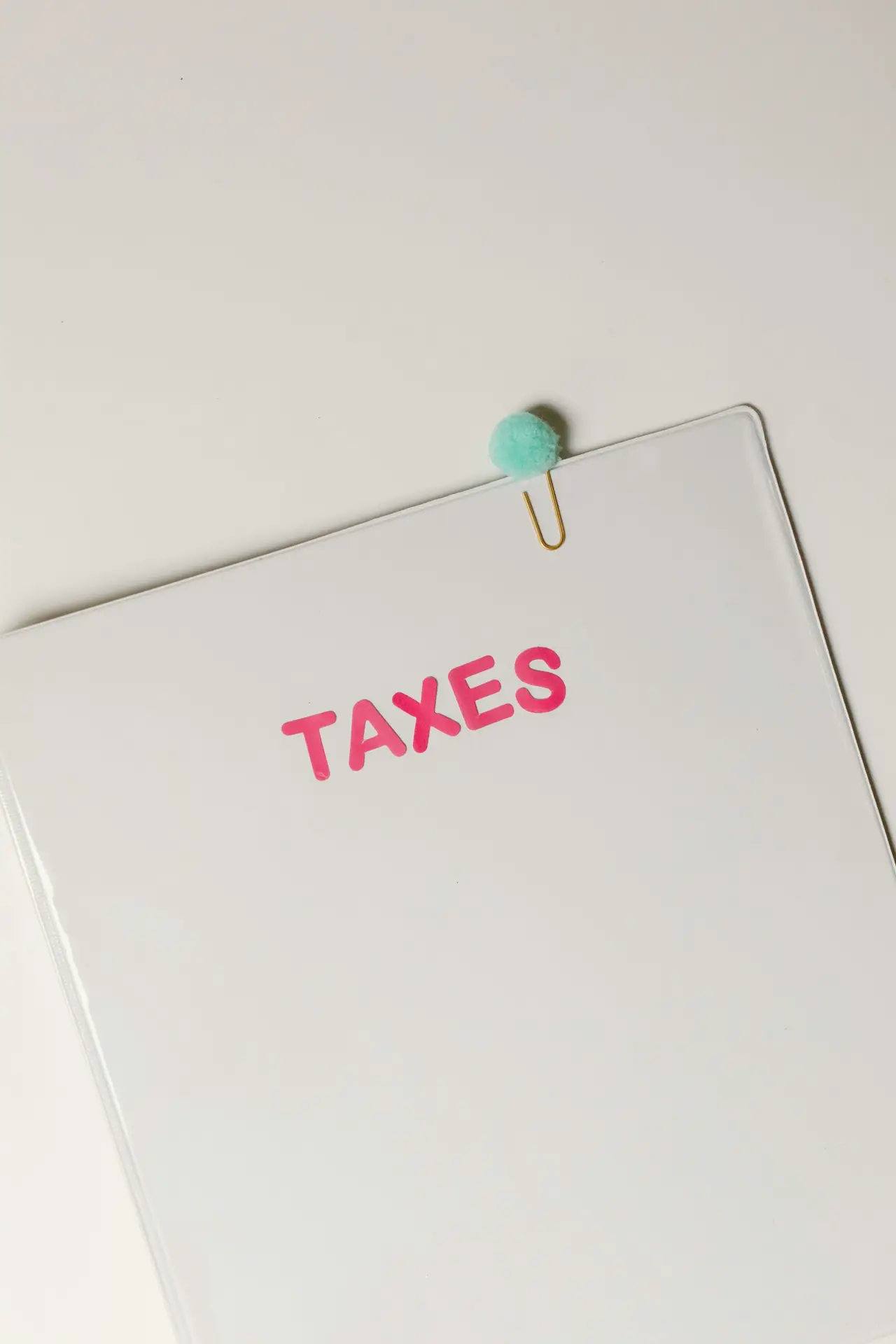Reasons to strengthen your company’s balance sheet
Your balance sheet is one of many documents that are filed and made public via Companies House. As such it provides the outside world with a summary of your company’s financial position, including assets and liabilities, at a fixed moment in time. It’s there, generally on display for 12 months, and is used by many to judge the strength and reliability of a company.
It is often used to provide a health check for a business and is of particular interest to outside investors, credit agencies and banks. It can determine your creditworthiness and affect such matters as the days credit suppliers give you, amounts you can borrow and at what rate of interest.
With almost half (45%) of SMEs having sought external financial support in 2020, and with demand expected to continue throughout 2021/22 according to British Business Research, it is imperative that directors take steps to put their balance sheet in the strongest position before displaying it to the outside world.
In this article, we have outlined some of our tips on strengthening your company’s balance sheet:
How to strengthen your balance sheet
An extra push on collecting debts just before the year end
Your management team should always be paying careful attention to the working capital of the business, which helps keep the business operating and cash on the balance sheet. Do not let debts linger and have a clear process for managing debtors in case of default. There are numerous ways to realise debts if they go astray. In particular, try and convert debt into cash at the yearend date as this will make the business appear more liquid.
Delay paying suppliers with their agreement
If you have a good relationship with your suppliers, speak to them about temporarily delaying payment. Delaying by 1-2 days can help keep cash on the books until the start of the new financial year.
Record year-end dividends and bonuses in the next year
If you have had a successful year and are looking to pay bonuses to staff, or you have a remuneration package that includes dividends, consider recording these on day 1 of the next financial year. This will help protect the net assets of the business and maintain the strength of your business on this year’s balance sheet.
Carefully consider the valuation of your fixed assets
Many businesses that seek our advice are using outdated rates of depreciation against assets. Devaluing your assets at an incorrect or greater rate will see asset value shrink on your balance sheet and may make your business appear to be in a weaker position. With the UK workforce working from home over the past year, you may find that the life of certain assets has been extended and thus a different rate of depreciation can be applied. This will help you maintain the value on your balance sheet.
The best time to strength your balance sheet
The balance sheet forms part of the statutory accounts that a private limited company must submit to Companies House each year. This financial information will be made available on Companies House and will be used in the year ahead when reviewing a company’s financial position. Although you should practice good management of accounts throughout the year, the points above can be applied in the month prior to your accounts being filed to ensure you go into the next financial year with the best possible balance sheet.
For a no-obligation chat about any of the points covered in this article, and to help you adapt and reassess your plans for the financial year ahead, contact Simon on – simon.tee@kilsbywilliams.com or call our office on 01633 810 081.




